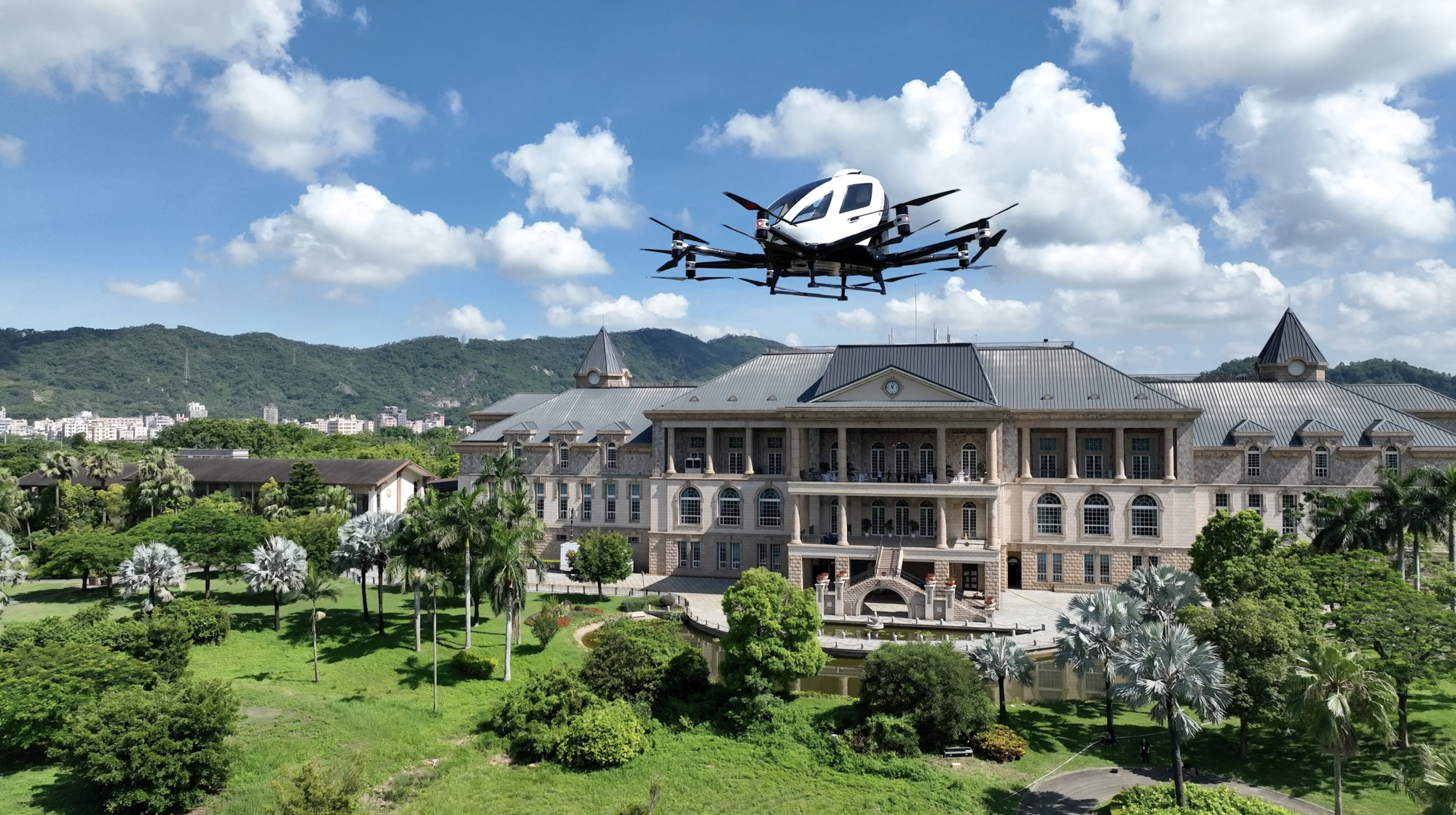 US short sellers accuse Chinese flying taxi maker EHang over firm’s 1,300-unit pre-orders fraud
US short sellers accuse Chinese flying taxi maker EHang over firm’s 1,300-unit pre-orders fraud
EHang blamed the short seller’s ‘cursory and incomplete understanding’ of its industry for a report that contained ‘misinterpretation of information’.
Hindenburg Research claimed that most of EHang’s over 1,300-unit pre-orders are based on ‘dead’ or ‘abandoned’ deals and failed partnerships.
Chinese flying taxi maker EHang Holdings has rejected allegations of fraud levelled against it by US short seller Hindenburg Research, which claimed in a report that the Guangzhou-based company was exaggerating the number of its orders and misleading investors.
EHang blamed the short seller’s “cursory and incomplete understanding” of its industry for a report that contained “untrue statements and misinterpretation of information” about the firm’s operations and financial condition, according to the Nasdaq-listed company’s statement on Tuesday, the same day Hindenburg Research published its findings.
The short seller’s report claimed that more than 92 per cent of EHang’s pre-order book, totalling over 1,300 units, are based on “dead” or “abandoned” deals, failed partnerships and newly formed customer entities with no discernible operations.
EHang’s largest deal is a 1,000-unit pre-order from one of its pre-initial public offering investors, a biotech company called United Therapeutics, which represents about 74 per cent of the Chinese passenger drone maker’s total pre-orders, according to the report. The deal was initially signed in 2016. The latest fraud accusations against EHang reflect lingering doubts over its long-term prospects in the capital-intensive aircraft manufacturing industry, as Hindenburg Research suggested that the Chinese firm operated on “a shoestring budget” relative to its peers.
The latest fraud accusations against EHang reflect lingering doubts over its long-term prospects in the capital-intensive aircraft manufacturing industry, as Hindenburg Research suggested that the Chinese firm operated on “a shoestring budget” relative to its peers.
EHang has invested just US$97.4 million in cumulative research and development, according to the short seller’s report. By comparison, competitors Joby Aviation and Archer Aviation have invested US$761.9 million and US$381.1 million, respectively, in research and development initiatives.
EHang founder, chairman and chief executive Hu Huazhi said in a separate statement on Wednesday that “the most effective way to defeat rumours is to deliver excellent operating and financial results”.
The US short seller, however, also accused EHang of failing to disclose to investors about the flight restrictions that came with its recently granted certification. The restrictions invalidate the bulk of its potential commercial use cases, including restrictions against flying in densely populated areas, in shared airspace, and out of sight of a ground crew, according to the report.
In his statement, EHang’s Hu pointed out the company will gradually lift the operational limitations of its autonomous flying taxis and expand commercial operation scenarios.
EHang’s share price plunged more than 16 per cent in Tuesday’s trading session after the Hindenburg Research report was published. The stock closed up 7 per cent to US$13.99 on Wednesday.
This was not the first time EHang has faced allegations of fraud from a short seller. Wolfpack Research also questioned the company’s sales figures in a February 2021 report, which described EHang as “an elaborate stock promotion, built on largely fabricated revenues based on sham sales contracts”.
The activist short seller also accused EHang’s major customer, Shanghai Kunxiang Intelligent Technology, of signing “sham sales contracts to benefit its investment” in the company.
Established in 2014 by Chinese engineer Hu with backing from GGV Capital, EHang is one of several companies around the world that has set out to make flying taxis a reality. Its other competitors include CityAirbus, Toyota Motor Corp’s SkyDrive and Tencent Holdings-backed Lilium.




No comments:
Post a Comment
Note: Only a member of this blog may post a comment.